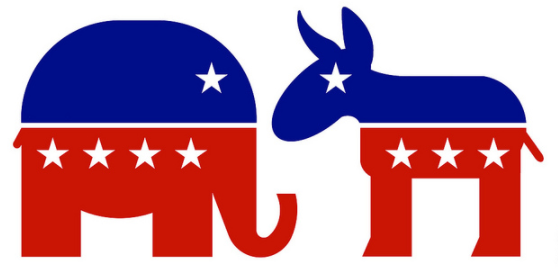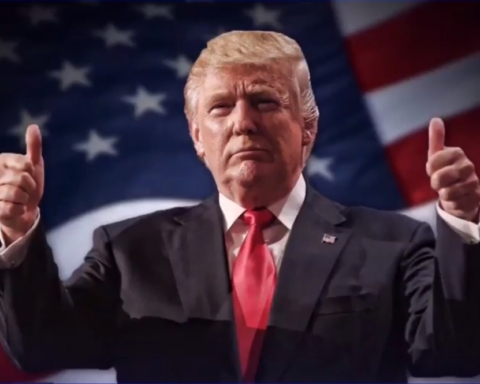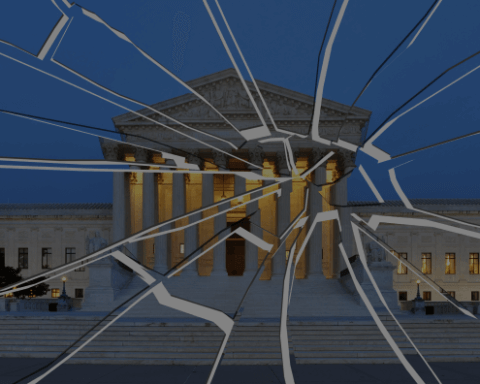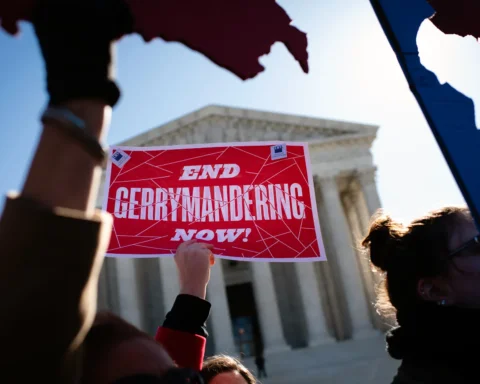One non-mention among us is why some whites voted and will continue to vote for Trump due to their concern of being replaced in authority and status by nonwhites, a fear Trump stoked then and now. The embedded level of the hierarchy is a part of our history. The US Calvary overran the American Indians, our constitutional founders dismissed women and blacks, our textbooks left out acts of heroism by minorities, and financial restrictions slowed nonwhite attainment of power positions to where we are now.
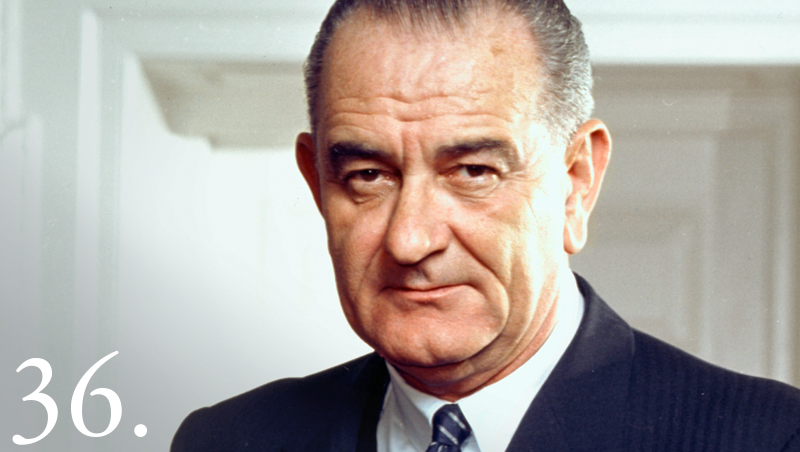
President Lyndon B. Johnson said, “If you can convince the lowest white man he’s better than the best-colored man, he won’t notice you’re picking his pocket. Hell, give him somebody to look down on, and he’ll empty his pockets for you.” Several voters recognized their economic circumstances and foresaw their survival interests as maintaining their perceived level of social-financial status among nonwhites.
Fear of dominant decline among white men is what Trump manipulated to the forefront of insecurity symphonized by a political platform that minorities were taking jobs away from whites; immigrants were rapists and drug runners. The imminence of the replacement of whites by nonwhites stood as a social disadvantage of being left behind. The handwriting on the wall to substantiate their unwarranted fear and create weight on their minds was the government’s documentation of the growing demographic change.
All races possess a sense of racial identity and are motivated to protect their group’s collective interests and maintain its status; it is a political component. White solidarity influences many whites nationally and internationally. We cheer the USA at the Olympics, our hometown team, or the Christian over a Muslim in a UFC fight. Consciously or not, many voters seek to reassert racial order in which their group represents a winner.
In 2016, people said they would not vote for Trump because he was obnoxious, yet some assessed their position among others over their immediate needs in the voting booth. People with overlapping self-interests often gravitate toward the personal characteristic that accords them the most status and who will consciously or subconsciously protect their interests. Simple racial identity, even without policy content, may predict party identity. Some will accept short-term discomfort, forgo health insurance, risk contamination of the water and air, and even die to protect their long-term interest in a perceived hierarchy, as President Johnson states.
One would expect white evangelicals that read Bible verses to desire an egalitarian country for all Americans. Yet I have read unsupportive articles by evangelical administrators on affordable housing in the suburbs, clean water, black lives, or equal justice. Conservatives post their priorities: restricting immigration, ending abortion, protecting gun rights, increasing DOD spending, limiting government, science, or climate change disdain, as conservative priorities on how they will cast their votes. The one focus of fear, an existential threat, combined with the perceived inherent social status advantages, can hijack the lukewarm interest in policies.
All races possess a sense of racial identity and are motivated to protect their group’s collective interests and maintain its status; it is a political component. White solidarity influences many whites nationally and internationally.
Recent articles lead one to believe that white evangelicals preach their salvation toward the policy of “faith alone” serves us. The theology and tenets of Bible verses need not apply, and answers are declinatory to, “What would Jesus do?” Jesus welcomed all neighbors, provided housing, fed the poor, didn’t carry a gun, preached peace, and shared his knowledge with all, making it appear that modern religion is not theology but politics.

Common support for Trump was that he said what he had to say by not being politically correct. When asked what do you want to say politically incorrect, I would not get a response. Parade Magazine interviewed women that had kept quiet of their intentions to vote for Trump, and also women saying they would not vote for Trump, but did. The article highlighted political incorrectness being a convincing issue yet failed in identifying what part of political incorrectness they cultivated.
White men voted for Trump at 62 percent. Clinton preached women issues over Trump, yet 53 percent of white women voted for Trump. Contrary to assumptions that economic insecurity drove the 2016 outcome, Trump beat Clinton in every income level except those making less than $50,000 per year. The 2016 election seemed a consolidation of rank among the historic ruling country’s wealth. The subliminal message was to fear the reckoning where racial and ethnic minorities will seek to subjugate white citizens.
Trump stoked aggrieved whites’ economic and social status insecurity as the driver of the white vote. A group threat is a much more formidable opponent than an economic downturn, a psychological mindset rather than an actual event. The president made no secret of the desires of his base, erase anything with Obama’s name. The reluctance of Trump: to admit he knew nothing of David Duke, to call out bigots that shout, “Jews will not replace us,” to speak on police ethics instead of encouraging police abuse, to discipline his supporters on racial issues, or to allow Homeland Security transparency in reporting white hate groups, will continue to harvest votes from those fearing their perceived social station.
While men inherently carry and accept perceived alpha male habits, this election, wary women have witnessed its strain and will turn against behaviors they don’t want to see passed on to their sons; dishonesty, misogyny, abuse, or a lack of compassion.
•••••••••••••••••••••••••••••••••••••••••••••
Samuel C. Martinez, an author of
Systemic Evil, Mat Perez vs the FBI
retired after 26 years serving in domestic and
foreign Legal Attaché offices as an FBI agent
•••••••••••••••••••••••••••••••••••••••••••••

